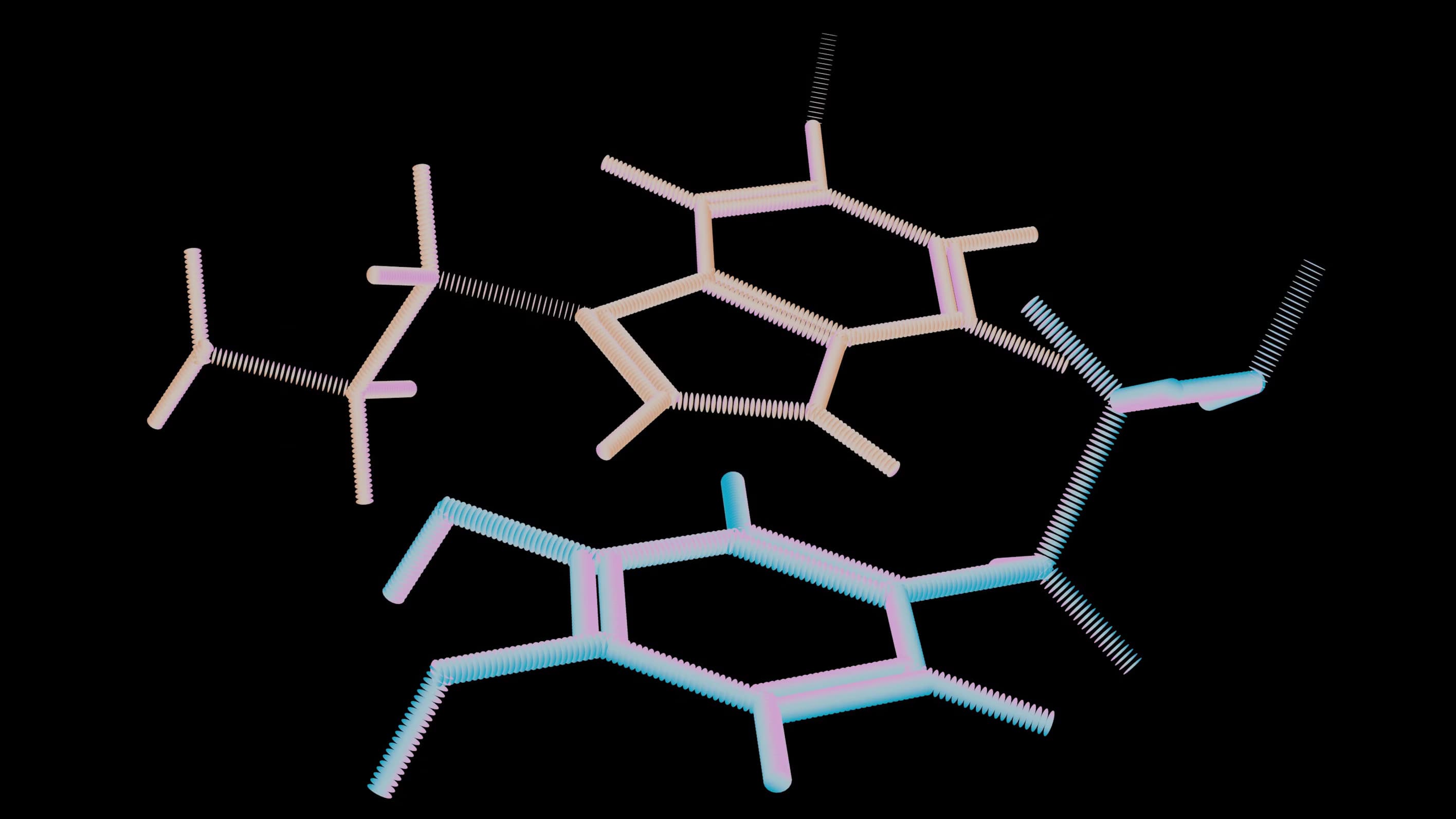“First you take the substance. Then the substance takes you.”
Addiction isn’t just about poor choices or weak willpower. It's deeper. It's biological. It's neurological. It's spiritual. And to truly heal, we need to understand how addiction rewires the very thing we rely on to make decisions: the brain.
In this post, we’ll explore the science behind how addiction hijacks the brain and how you can begin to take your power back.
🧠 The Brain Wasn’t Built for This
Your brain is wired for survival.
It evolved to seek pleasure and avoid pain. When you eat, laugh, or fall in love, your brain rewards you with a feel-good chemical called dopamine. But here’s the twist: addictive substances and behaviors flood your brain with unnaturally high levels of dopamine far more than food, hugs, or music ever could.
It’s like setting off fireworks in your brain’s pleasure center. Over time, your brain starts saying:
“Forget food and connection I want that big dopamine hit again.”
🎯 The Reward System Gets Hijacked
At the core of addiction lies the mesolimbic pathway—the brain’s reward circuit. This includes the:
Ventral tegmental area (VTA) – where dopamine is produced
Nucleus accumbens – where pleasure is felt
Prefrontal cortex – where decisions are made
In addiction, this whole system gets rewired. Instead of using dopamine to motivate survival behaviors, it gets rerouted toward seeking the substance or behavior—over and over.
And it doesn’t stop there.
🚨 Your Brain Starts to Adapt
The brain is incredibly adaptable a gift we call neuroplasticity. But in addiction, this adaptability turns against us.
What happens:
Dopamine receptors decrease – making it harder to feel pleasure from anything else
Triggers get embedded – environments, emotions, even songs get wired to cravings
Impulse control weakens – your prefrontal cortex, responsible for rational thinking, gets dulled
In short: the addict isn’t chasing a high—they’re chasing normal. And the brain is no longer fully in the driver’s seat.
💥 But Here’s the Hope: You Can Rewire It
Just as addiction rewires the brain, recovery rewires it back. The same neuroplasticity that deepened the addiction is the same force that can set you free.
Here’s how:
1. Daily Sobriety = Rebuilding Receptors
Each sober day helps your dopamine system re-regulate. What felt dull in the beginning—sunrises, laughter, purpose—starts to return.
2. Mindfulness & Breathwork
Practices like meditation calm the amygdala (the fear center) and reactivate the prefrontal cortex, giving you back control.
3. Journaling & Emotional Processing
When you name your emotions and triggers, you reduce their power. Self-awareness shrinks the shadows.
4. Connection with Others
Community lights up parts of the brain even substances can’t touch. Vulnerability heals.
5. Use Tools Like TryPhase
TryPhase offers AI-powered support rooted in neuroscience—daily reflections, mood check-ins, craving management, and guided practices that literally help your brain rewire in real time.
🌱 Final Thought: You’re Not Broken
You are not your addiction.
You are the awareness behind it.
And every sober decision you make is an act of rebellion against a hijacked system—and a return to your true self.
Recovery isn’t just possible. It’s biological.
Keep going. Your brain, your body, your soul—they’re all healing together. 💫


.webp&w=1200&q=75)